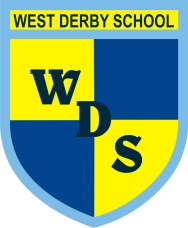Research and CPD
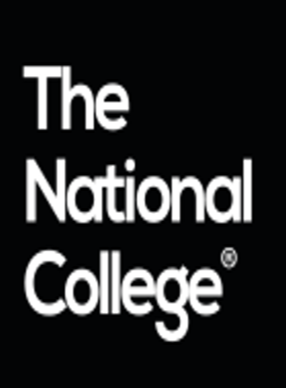
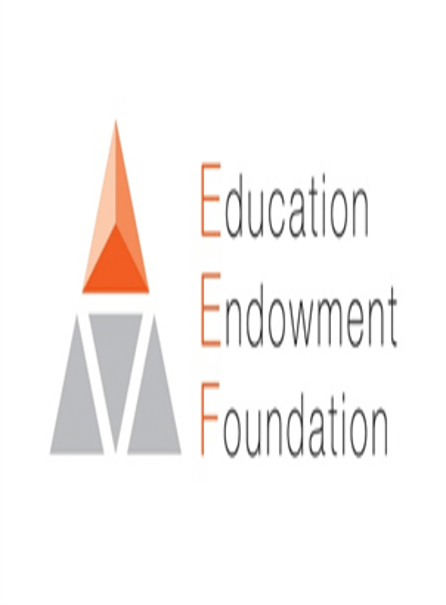
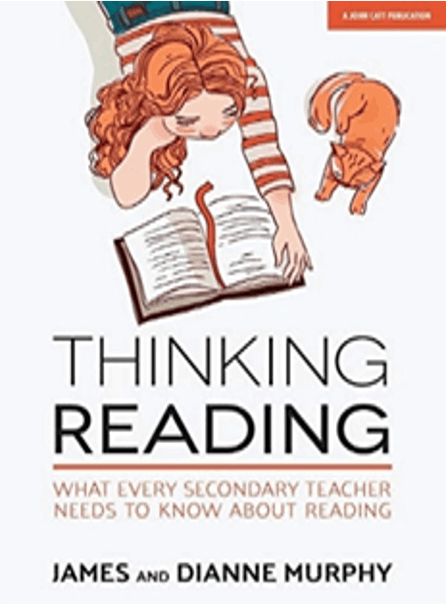
Alex Quigley – The Confident Teacher
Our Senior Teaching Lead has attended courses relating to both of these books and fed back to all staff in whole school training sessions.
These have been a major part of our literacy and Big 4 overhaul this year.
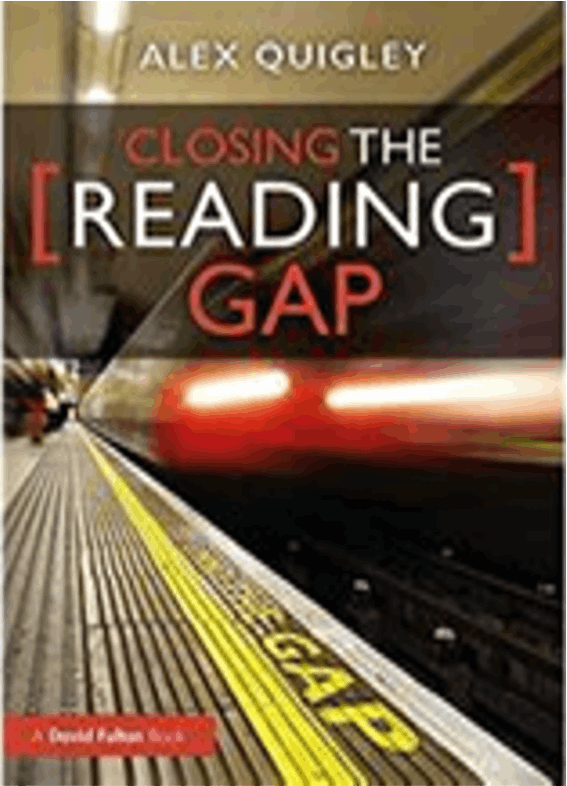
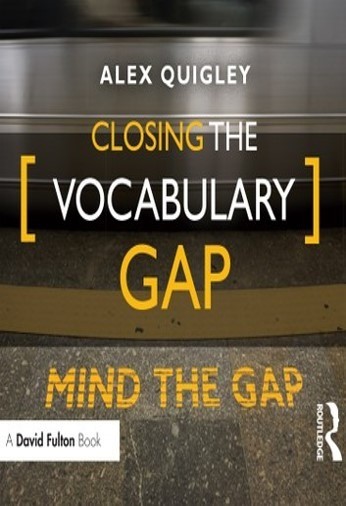
Disciplinary Literacy
Seldom does literacy in secondary school stick unless it is adapted to the different demands of reading, writing, and more, in the subject disciplines. Beginning with ‘disciplinary literacy’ may prove attractive and accessible.
See EEF Secondary Literacy Guidance Report Recommendation 1 for an accessible explainer.
Explore this disciplinary literacy bibliography by the peerless Professor Tim Shanahan.
@KVinceyxx has written an excellent blog on developing department literacy reps, which offers a useful vehicle for disciplinary literacy.
With a disciplinary literacy lens, I wrote about reading mattering in maths.
Vocabulary Development
Prioritising vocabulary development consistently appears to be important, attractive, and manageable for most teachers. I have happened to bang on about it for a while, so here are some key sources and resources.
Busting a few vocabulary myths is important to establish a shared understanding of the importance of vocabulary instruction.
I wrote about the three pillars of vocabulary teaching.
With disciplinary literacy in mind, I wrote about closing the word gap in science for OUP.
Katherine Mortimore has explained a bespoke TA dictionary vocabulary model.
I have identified a vocabulary development reading list to explore further.
Reading Development
Is there anything more essential to academic achievement than skilled reading? It is a perennial literacy priority for good reason.
I have shared some free resources on ‘Closing the Reading Gap’.
I gave a researched
Essa Academy have kindly shared a free ‘disciplinary reading’ booklet on TES.
Kate McCabe has shared a blog on ‘disciplinary reading’ (with PPT resource) which accounts for the positive work undertaken in her school.
DRET’s reading programme offers a thorough explainer of a systematic approach to whole school/Trust reading.
Writing Development
Perhaps there is no more complex skill expected of pupils than writing. And yet, teachers routinely describe themselves as underconfident in how to teach writing explicitly. Teachers need to be supported to break down the complex act of writing into more manageable chunks.
Recommendation 4 and 5 in the EEF Improving Literacy in Secondary Schools offer two key areas to focus on for writing: break down complex writing tasks and combine writing instruction with reading.
I have written about vocabulary and writing and how we help pupils work words into their writing.
The What Works Clearing House in the US has produced comprehensive guidance on Teaching Secondary Students to Write Effectively.
The irrepressible Cogscisci group of science teachers held a helpful writing symposium on all things writing in science.
The excellent Writing Revolution has inspired lots of blogs; particularly the popular ‘because, but so’ sentence structure. Kristian Shanks explains ‘because, but, so’ as used in the history classroom neatly.
Literacy at Transition
Literacy coordinators are routinely asked to smooth over reading and literacy at the transition. Unfortunately, we defer to ‘light’ approaches, such as sharing a piece of writing or reading, when the reality is that the complex, changing curriculum across key stages needs to be understood and more substantive bridges built.
I have written about the language leap across the KS2 and KS3 transition.
More specifically, I write about the ‘reading gap’ at transition.
The OUP and CfEY have shared an interesting report on Bridging the Word Gap at the Transition (there is a launch video too).
This OUP blog describes Sarah Eggleton’s school and their focus on academic vocabulary at the transition.
This EEF School Transitions Tool summaries the evidence of challenges at the transition – including a lack of curriculum continuity.
Curriculum Connectedness
Schools are grappling with the continual act of curriculum development. Reading, vocabulary, writing, and more, all need to be interwoven into curriculum development – not viewed as a bolt on. Literacy is simply inextricable from curriculum development.
I have written about academic vocabulary and schema building, which is complemented by a better and broader blog by Tom Sherrington on schema building.
I have written how curriculum development is a teacher development challenge. For instance, teachers need to know about reading challenges that mediate the curriculum, and so on.
Ruth Ashbee has written a thoughtful blog linking literacy (or language) and curriculum.
Professor Dan Willingham writes a cogent explanation of why stories are psychologically privileged (and how they can help connect up our curriculum).
Mark Miller at Bradford Research School has sensitively unpicked the role and language of the knowledge organiser as a tool to cohere language in the curriculum.
PUTTING IT INTO ACTION-
POLICIES AND PROFESSIONAL DEVELOPMENT
Literacy cannot be a teacher training afterthought. If the coordinator is filling the graveyard slot in September, and not much else, then we shouldn’t expect much positive change. So, where to start?
The EEF Improving Literacy in Secondary Schools has a handy literacy RAG self-assessment tool to help appraise the current position with literacy from which to build on.
Alice Visser-Furay has kindly shared her plans, policies and resources created in her role as literacy lead.
You can perform a pre-mortem to anticipate the failures and challenges that will be set your best laid plans.
Tim Shanahan writes about why it is so hard to improve reading achievement in the US, but it is his ‘last mile’ problem which is so relevant to literacy coordinators: we need to persuade colleagues that change and improving literacy is necessary.
